دیوارهای بزرگ چین
The Great Walls of China
The Great Wall of China is famous in North America, and many tourists would like to travel there. However, most North Americans don’t know very much about Chinese history. That is changing now, as China is becoming an important subject for study in the West.
The settled communities of China were targets for nomadic raids since earliest times. For much of its early history, China was not fully unified. However, Shih Huang, who died in 210 B.C., united the whole country. Then he set about defending China from the northern nomads. It seems likely that there had been defensive walls in the north before. However, Shih Huang had a wall constructed across the entire north of China. This defensive wall extended for almost 2,000 miles and had 25,000 towers. Such walls were very expensive to build. They also required huge numbers of men to construct them, and later to defend them.
Even so, the Great Wall did not stop nomadic invasions altogether. Not long after Shih Huang’s death, a tribe called the Huns crossed the wall. The Emperor Hu Ti, who expanded Chinese power beyond the Wall, defeated them.
Centuries later, the Mongols to the north of China were united under Genghis Khan. The Mongols attacked China, and Kublai Khan, grandson of Genghis, became the first non-Chinese emperor of China in 1279. Eventually, the Chinese rebelled and overthrew their Mongol rulers. Nonetheless, the Mongols remained a threat. In 1449, they destroyed a Chinese army and captured the Emperor.
A new Great Wall was begun to keep the Mongols out. This is the wall which tourists visit today and which is pictured on Chinese stamps. Construction continued for 200 years. While some parts were built of packed earth, much of the wall was built of stone, brick and rubble. This is why it took so long. Stones had to be quarried, and bricks baked and carried to the site. Labourers, peasants, soldiers and criminals were forced to work on the wall. Large and small forts and watchtowers carefully guarded the wall. Nearly a million soldiers were stationed along it.
The Chinese defenders lit fires when the enemy was sighted. Plumes of smoke and cannon shots told that the enemy was advancing and how many there were. By 1644, the new wall was almost completed.
That same year, however, an internal uprising overthrew the Emperor. This revolt was partly caused by the high taxes demanded to pay for the wall. The Emperor’s men invited the nomadic Manchu tribe to come through the gates in the wall to help put down the revolt. The Manchus came; but they stayed, and ruled China for several hundred years.
Since the Manchus ruled both north and south of the wall, they did not care about maintaining it. Many parts fell into disrepair, and some completely disappeared. Today the parts that remain are a major tourist attraction. The Great Wall of China is one of the wonders of the world. Even if it didn’t really succeed in its purpose of keeping the northern nomads out of China.
Nomadic
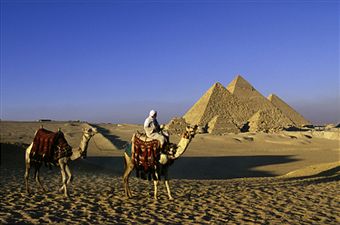
Source 1
Nomad
A member of a community that moves with its animals from place to place
Adjective
Nomadic tribes
The nomadic life of a foreign correspondent
Source2
If someone leads a nomadic life, they travel from place to place and do not live in any one place for very long:
The son of an airforce pilot, he had a somewhat nomadic childhood
Set about doing something

Source 1
Set about something| set about doing something[no passive]
To start doing something
She set about the business of cleaning the house.
We need to set about finding a solution.
Source2
To start doing or dealing with something, especially something that needs a lot of time and effort:
A team of volunteers set about the task with determination.
Set about doing somethingHow do senior managers set about making these decisions?
Extend
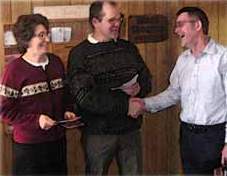
Source 1
Extend something To make something longer or larger
To extend a fence/road/house
There are plans to extend the no-smoking area.
Source 2
To make a room, building, road etc bigger or longer:
We plan to extend the kitchen by six feet.
Invasion
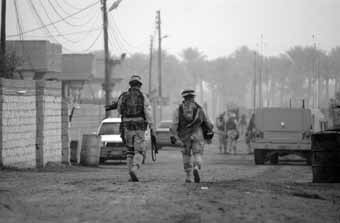
Source 1
The act of an army entering another country by force in order to take control of it
The German invasion of Poland in 1939
The threat of invasion
An invasion force/fleet
Usage note: War and peace
Starting a wardeclare/make/wage war (on somebody/something)
go to war (against/with somebody)
cause/spark/provoke/foment/quell unrest
incite/lead/crush/suppress a revolt/rebellion
launch/mount/carry out a surprise/terrorist attack
prevent/halt/represent an escalation of the conflict
be torn apart by/be on the brink of civil war
enter/invade/occupysomebody’s territory
lead/launch/resist/repel an invasion
Military operationsadopt/develop/implement/pursue a military strategy
carry out/execute/perform military operations/manoeuvres/(especially US) maneuvers
send/deploy/station/pull back/withdraw troops
go on/fly/carry out a reconnaissance/rescue mission
train/equip/deploy army/military/combat units
lead/launch/conduct a raid/a surprise attack/an (air/airborne/amphibious) assault (on somebody)
employ/use guerrilla tactics
conduct/wage biological/guerrilla warfare
fight/crush/defeat the rebels/the insurgency
suffer/inflict a crushing defeat
achieve/win a decisive victory
halt/stop the British/German/Russian advance
order/force a retreat
Fightingjoin/serve in the army/navy/air force
be/go/remain/serve on active duty
serve/complete/return from a tour of duty
be sent to the front (line)
attack/strike/engage/defeat/kill/destroy the enemy
see/report/be engaged in heavy fighting
call for/be met with armed resistance
come under heavy/machine-gun/mortar fire
fire a machine-gun/mortar shells/rockets (at somebody/something)
shoot a rifle/a pistol/bullets/missiles
launch/fire a cruise/ballistic/anti-tank missile
use biological/chemical/nuclear weapons
inflict/suffer/sustain heavy losses/casualties
be hit/killed by enemy/friendly/artillery fire
become/be held as a prisoner of war
Civilians in warharm/kill/target/protect innocent/unarmed civilians
cause/avoid/limit/minimize civilian casualties/collateral damage
impose/enforce/lift a curfew
engage in/be a victim of ethnic cleansing
be sent to an internment/a concentration camp
accept/house/resettle refugees fleeing from war
fear/threaten military/violent reprisals
commit/be accused of war crimes/crimes against humanity/genocide
Making peacemake/bring/win/achieve/maintain/promote peace
call for/negotiate/broker/declare a ceasefire/a temporary truce
sign a ceasefire agreement
call for/bring/put an end to hostilities
demand/negotiate/accept the surrender of somebody/something
establish/send (in) a peacekeeping force
negotiate/conclude/ratify/sign/accept/reject/break/violate a peace treaty
Source 2
When the army of one country enters another country by force, in order to take control of it
Invasion of The invasion of Normandy
AltogetherSource 1
(used to emphasize something) completely; in every way
The train went slower and slower until it stopped altogether.
I don’t altogether agree with you.
I am not altogether happy (= I am very unhappy) about the decision.
It was an altogether different situation.
Usage note:Altogether / all togetherAltogether and all together do not mean the same thing. Altogether means ‘in total’ or (in British English) ‘completely’:
We have invited fifty people altogether.
I am not altogether convinced by this argument.
All together means ‘all in one place’ or ‘all at once’:
Can you put your books all together in this box?
Let’s sing ‘Happy Birthday’. All together now!
Source 2
Used to emphasize that something has been done completely or has finished completely:
An old custom that has vanished altogether
Congress could ban the procession altogether.
Cross

Source 1
To go across; to pass or stretch from one side to the other
Cross (over)I waved and she crossed over (= crossed the road towards me).
Cross (over) (from…) (to/into…)We crossed from Dover to Calais.
Cross something to cross a/the roadTo cross the sea/mountains
To cross France by train
The bridge crosses the River Dee.
A look of annoyance crossed her face.
They crossed the finishing line together (= in a race).
Cross over somethingHe crossed over the road and joined me.
Source 2
To go or stretch from one side of something such as a road, river, room etc to the other
Cross to He crossed to the window.
Cross (over) the road/street/river etcIt’s easy to have an accident just crossing the road.
He was hit by a car when he tried to cross over the road near Euston station.
Cross the Atlantic/the Channel etc The first steamship to cross the Atlantic
An old bridge crosses the river.
Cross overShe crossed over to sit beside Dot.
Rebel
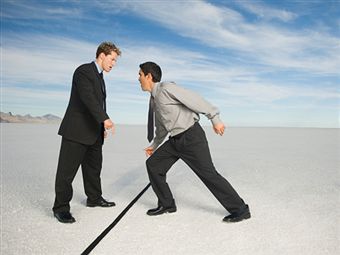
Source 1
Rebel (against somebody/something) to fight against or refuse to obey an authority, for example a government, a system, your parents, etc
He later rebelled against his strict religious upbringing.
Most teenagers find something to rebel against
Source 2
Someone who opposes or fights against people in authority: Anti-government rebels attacked the town.
Rebel forces/soldiers
The rebel leader
Overthrew

Source 1
overthrow somebody/something to remove a leader or a government from a position of power by force
The president was overthrown in a military coup.
Source 2
To remove a leader or government from power, especially by force [= oust]:
Rebels were already making plans to overthrow the government.
Pack
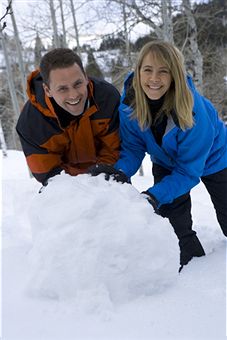
Source 1
Pack something (down)To press something such as snow or soil to form a thick hard mass
Pack the earth down around the plant.
A patch of packed snow
Source2
Po press snow, soil, sand etc down so that it becomes hard and firm
pack something down Pack the soil down firmly.
Rubble
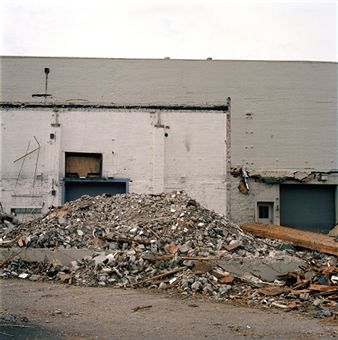
Broken stones or bricks from a building or wall that has been destroyed or damaged
The bomb reduced the houses to rubble.
There were piles of rubble everywhere.
Quarry
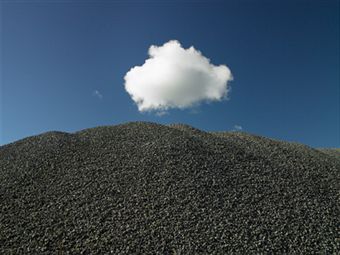
A place where large amounts of stone, etc. are dug out of the ground
A slate quarry
The site of a disused quarry
Peasant
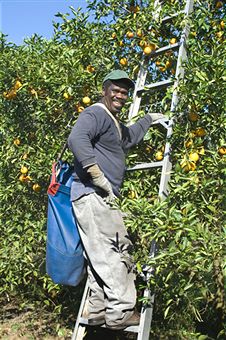
Source 1
A farmer who owns or rents a small piece of land
Peasant farmers
A peasant family
Peasant revolts
Source 2
A poor farmer who owns or rents a small amount of land, either in past times or in poor countries:
Most villagers are peasant farmers.
Fort
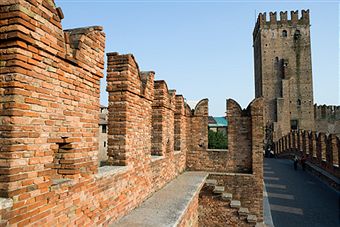
Source 1
A building or buildings built in order to defend an area against attack
The remains of a Roman fort
Source 2
A strong building or group of buildings used by soldiers or an army for defending an important place
Watchtower
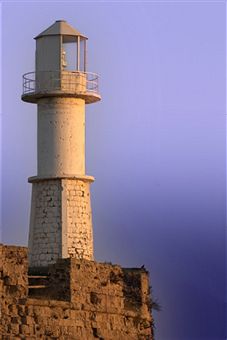
Source 1
A tall tower from which soldiers, etc. watch when they are guarding a place
Source 2
A high tower used for watching and guarding a place
Station
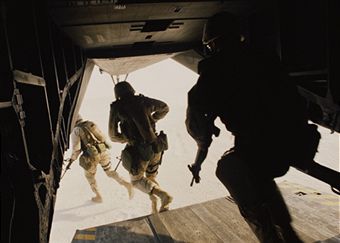
Source 1
Station somebody + adverb/prepositionTo send somebody, especially from one of the armed forces, to work in a place for a period of time
Troops stationed abroad
Source 2
To send someone in the military to a particular place for a period of time as part of their military duty [= post]:
I was stationed overseas at the time.
lit
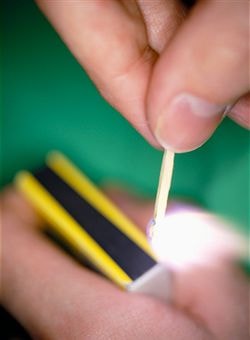
Source 1
past tense, past participle of light
To start to burn
The fire wouldn’t light.
Source 2
Past tense and past participle lit or lighted
[intransitive and transitive] to start to burn, or to make something start to burn: He stopped to light a cigarette.
I lit the fire and poured a drink.
I couldn’t get the candles to light.
Plume
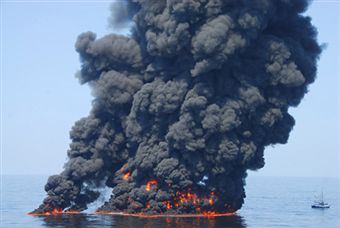
Source 1
A cloud of something that rises and curves upwards in the air
A plume of smoke
A radioactive plume could reach the city within hours.
Source 2
A cloud of smoke, dust etc which rises up into the air
plume of smoke/dust/gas/spray etcA black plume of smoke rose above the city.
Cannon
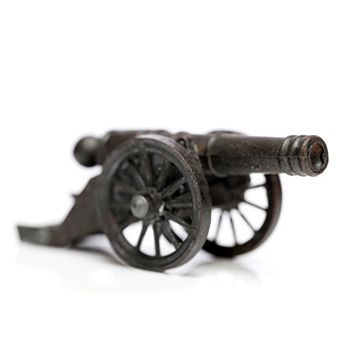
Source 1
An old type of large heavy gun, usually on wheels, that fires solid metal or stone balls
Three cannon opened fire.
A burst of cannon fire
Source 2
A large heavy powerful gun that was used in the past to fire heavy metal balls
Uprising
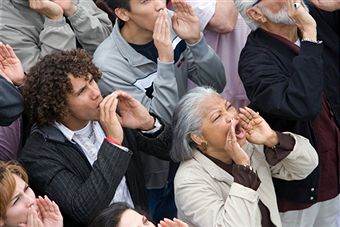
Source 1
A situation in which a group of people join together in order to fight against the people who are in power
Synonym: rebellion, revolt
An armed uprising against the government
A popular uprising (= by the ordinary people of the country)
To crush/suppress an uprising
Source 2
An attempt by a group of people to change the government, laws etc in an area or country [= rebellion]:
A popular uprising (=by the ordinary people in a country)
An armed uprising
Revolt
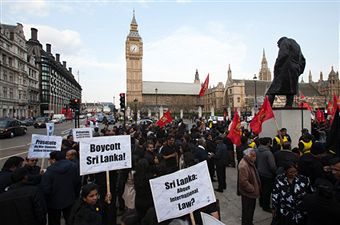
Source 1
A protest against authority, especially that of a government, often involving violence; the action of protesting against authority
Synonym: uprising
The Peasants’ Revolt of 1381
To lead/stage a revolt
The army quickly crushed the revolt.
The biggest back-bench revolt this government has ever seen
Attempts to negotiate peace ended in armed revolt.
(formal) The people rose in revolt.
Source 2
A refusal to accept someone’s authority or obey rules or laws [= rebellion]:
The prime minister is now facing a revolt by members of his own party.
Revolt against A revolt against authority
Revolt overA revolt over the proposed spending cuts
In revoltFrench farmers are in revolt over cheap imports.
Put something down
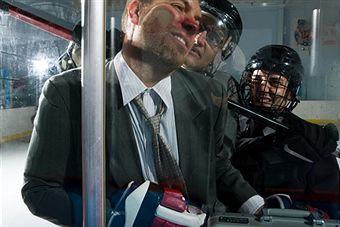
Source 1
To stop something by force
Synonym: crush
To put down a rebellion
The military government is determined to put down all opposition.
Disrepair
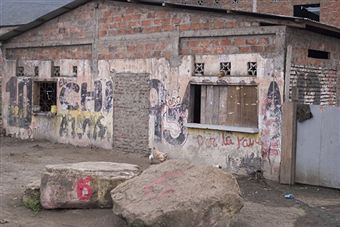
Source 1
A building, road, etc. that is in a state of disrepair has not been taken care of and is broken or in bad condition
The station quickly fell into disrepair after it was closed.
Source 2
Buildings, roads etc that are in disrepair are in bad condition because they have not been cared for:
Buildings allowed to fall into disrepair
The castle is in a state of disrepair.